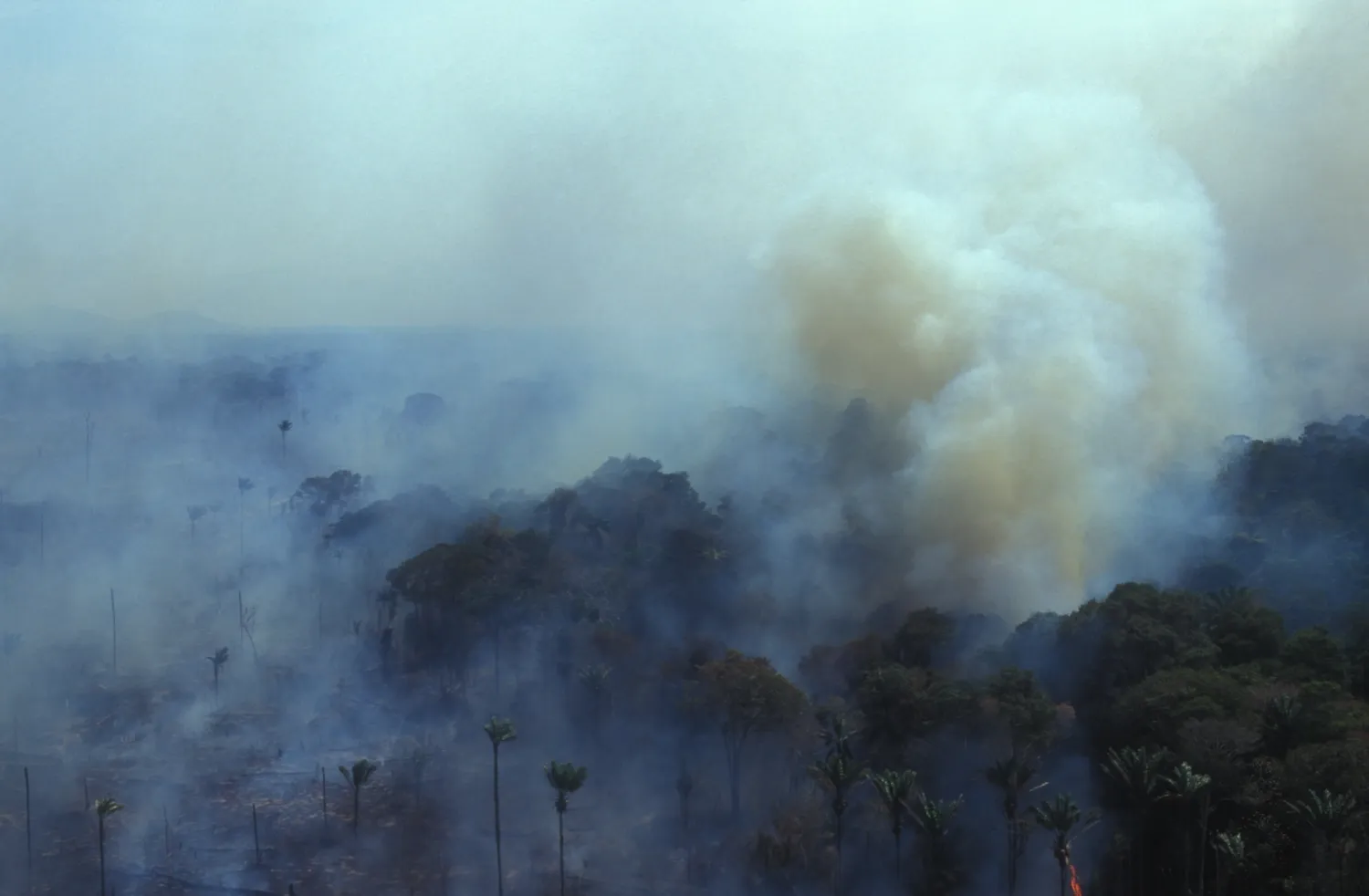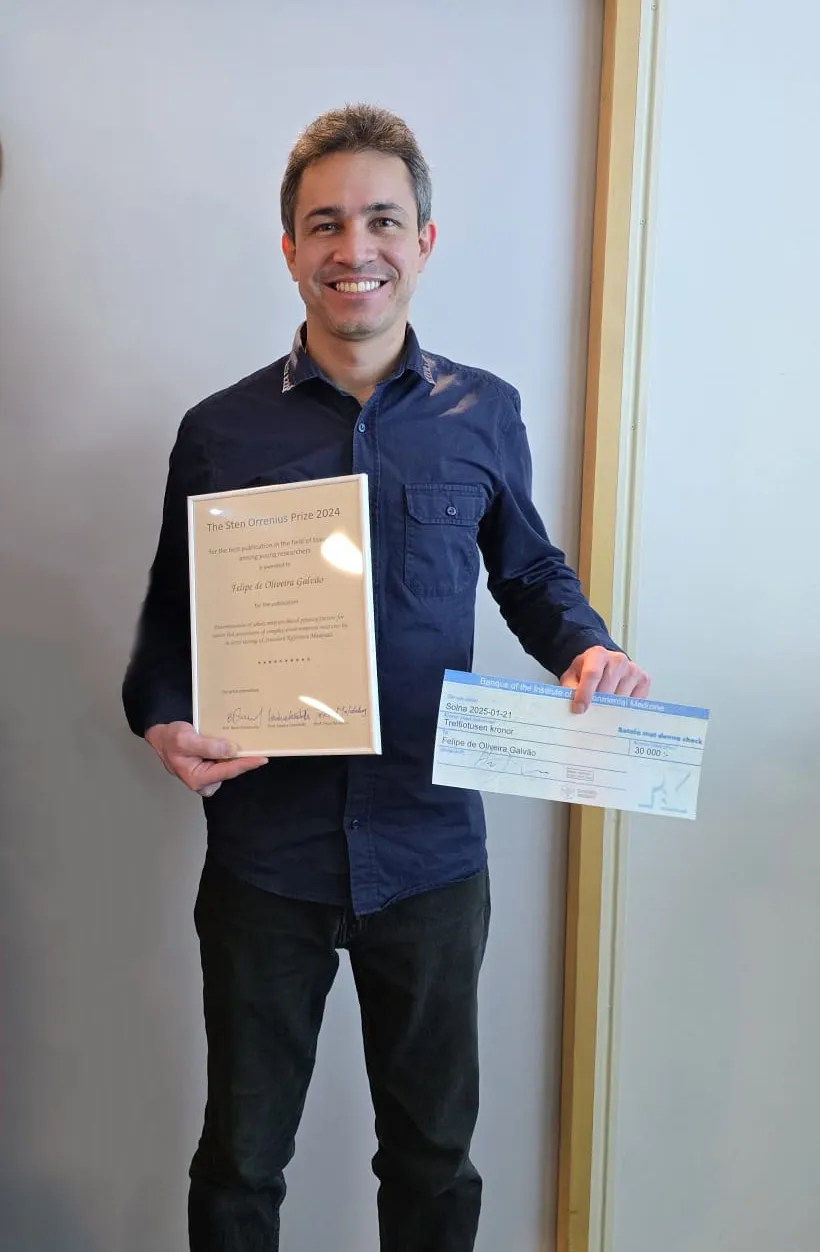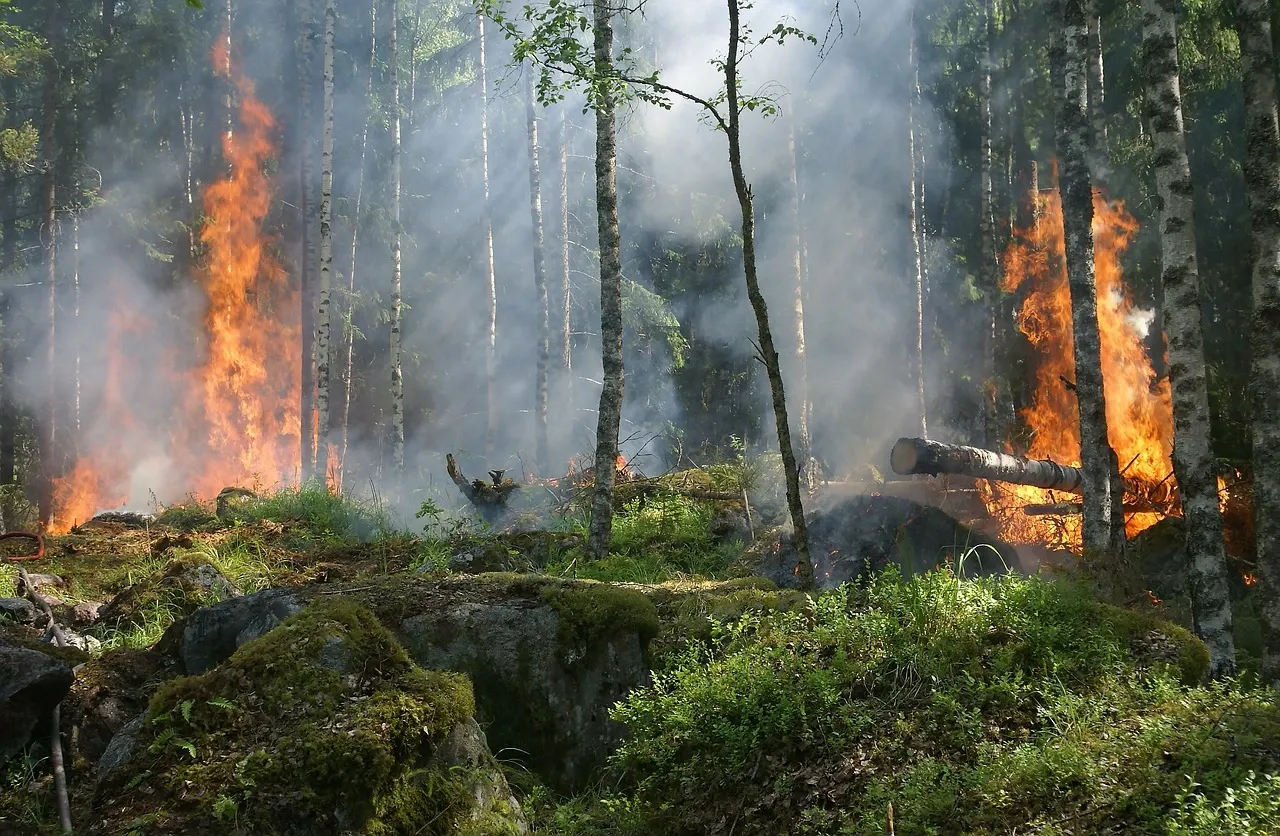News and updates
 Photo: Getty Images
Photo: Getty ImagesMixed pollutants have a worsened effect
12-06-2025 11:09
One plus one does not equal two - it is more. Researchers have developed a method to analyse the toxic effects of mixed air pollutants. The method reveals greater health damage from poor air quality than analyses of individual substances suggest.
 Photo: Anna Persson
Photo: Anna PerssonFelipe de Oliveira Galvão awarded the Sten Orrenius Prize
22-01-2025 11:25
Research Specialist Felipe de Oliveira Galvão receives the Sten Orrenius Prize 2024 for best original article by an early career scientist in the field of toxicology.
 Photo: Pixabay
Photo: PixabayAir pollution from biomass burning has a high cancer potency
16-09-2024 12:58
In a new study from the Institute of Environmental Medicine (IMM), an alternative method for assessing the cancer potency of air pollution is presented, focusing on mixtures of organic pollutants in particles.
